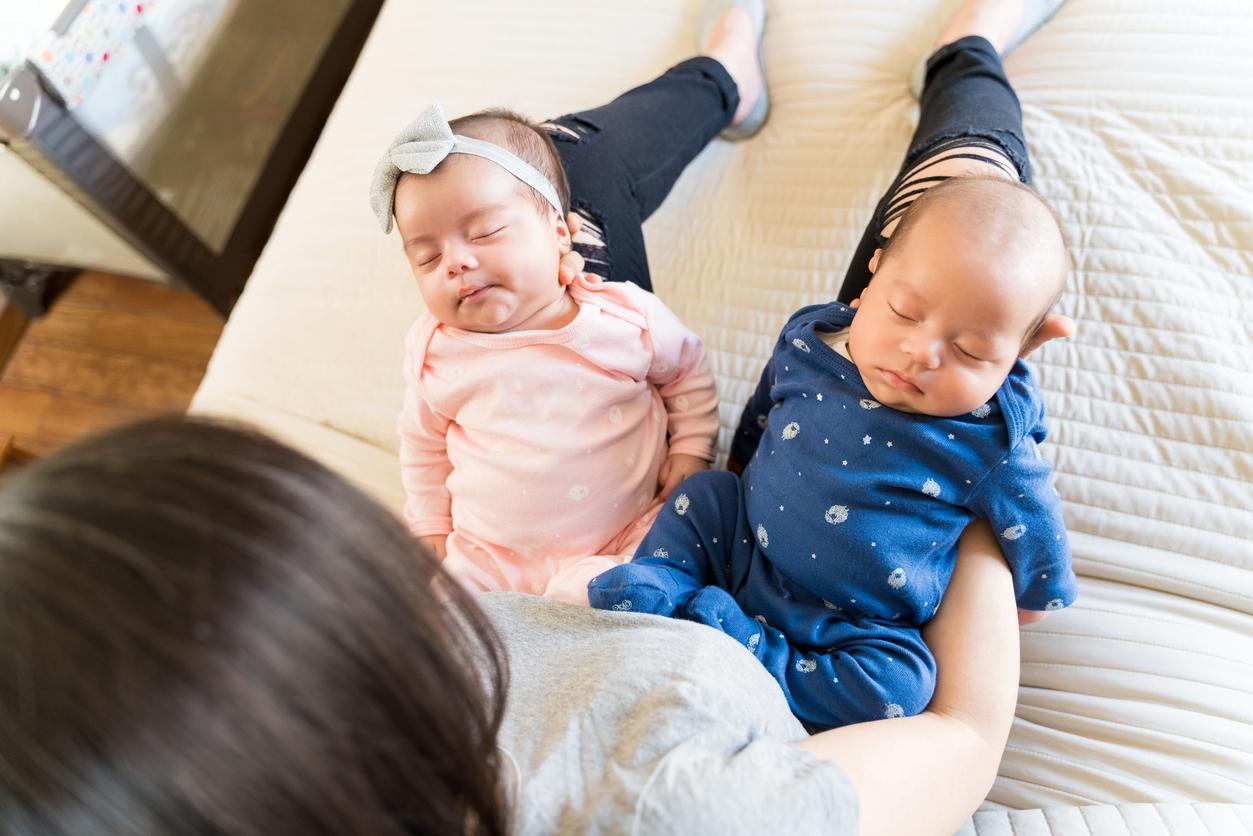In France, couples have less intention of having a first child in the near future when they are unemployed. This is what an INED study shows.

Despite the economic crisis and mass unemployment (10.8% in September), French fertility is not weakening. In 2014, there were still 1.98 children per woman in mainland France. A figure barely below its 2008 level (2.01). From there to saying that unemployment would have no effect on fertile behavior, it seems to be only a step that INED (1) does not take in its latest publication.
No children for the unemployed …
Investigation ” Study of family and intergenerational relationships “Led by Ariane Pailhé and Arnaud Régnier-Loilier, and published this Wednesday, reveals, in fact, that unemployment is delaying the arrival of the first child in France.
For people without children interviewed several times (between 2005 and 2011), being unemployed is less often synonymous with a short-term fertility project than among people with a job.
Thus, in 2005, 24% of unemployed men and 38% of women declared that they wanted a first child within three years against 43% and 53% respectively among the employed.
INED explains that this difference between the unemployed and the active is largely due to their marital situation: “the unemployed are proportionally less likely to live with a partner than the employed (14% of men and 33% of women, for 38% and 45%).
And, when they are in a relationship, access to a stable job for at least one of the two spouses appears to be a necessary condition before considering starting a family ”. In short, a complicated situation to consider a future for three …
… except for the unemployed who are already parents
Conversely, these researchers did not note any significant difference between unemployed and employed workers for parents of at least one child. The latter, older, were for the most part already in a relationship, and the spouse could hold a job, “which reduces uncertainty about the future”, specifies the INED survey.
More generally, unemployment is not of the same nature depending on the time of the life cycle: while the unemployed without children are more often people who have never worked, those with children generally have professional experience. This often gives them rights to unemployment benefits “and makes the future less uncertain”, conclude the authors of this work.
(1) National Institute for Demographic Studies
.
















